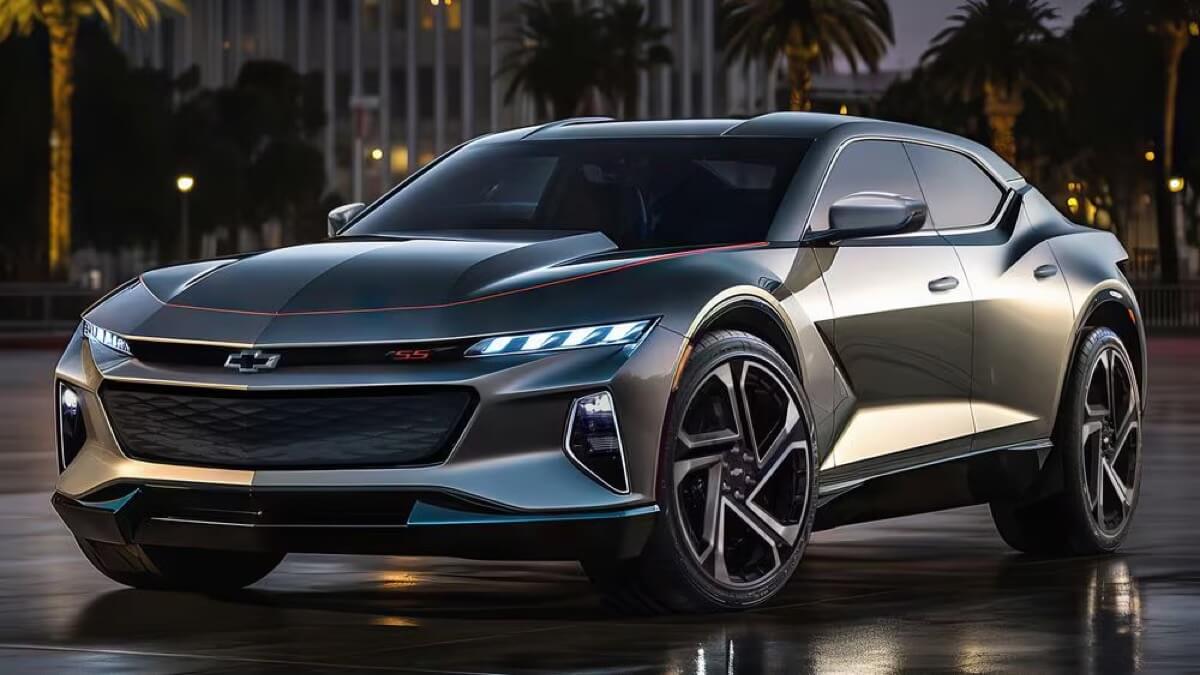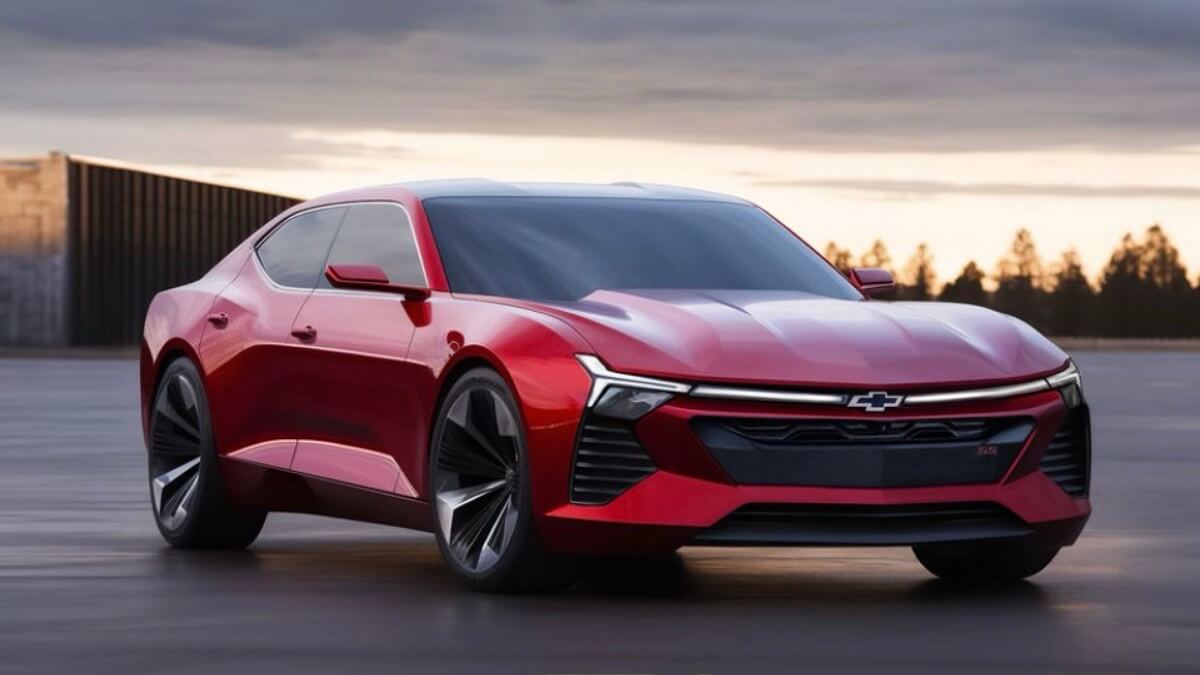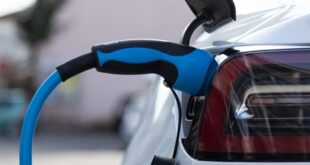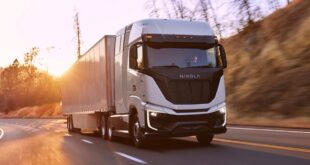While Ford went crossover with the Mustang Mach-E, GM could be taking a different route with the Camaro.
When Chevrolet announced that the sixth-generation Camaro would retire at the end of the 2024 model year, the giant carmaker made it clear this wouldn’t be the end of the Camaro story. Now, it seems the Camaro’s next chapter will involve electric power. However, GM President Mark Reuss wants the new Camaro to stay true to its roots, focusing on style and accessibility rather than high horsepower and track performance.
The new Camaro EV could be priced around $35,000, similar to the 2024 Chevrolet Equinox EV. With a $7,500 federal tax credit, the price could drop to about $27,495, making it more affordable than the last gas-powered model. This pricing strategy aims to attract first-time EV buyers and those who loved the look of the Camaro over the years.
Reuss has clarified that he doesn’t want the Camaro EV to be a crossover like the Ford Mustang Mach-E. Instead, he envisions a sleek, low-slung design, possibly with four doors, given the decline in two-door car sales. This new design would aim to improve the visibility issues that plagued the current Camaro while maintaining a sporty appearance.
GM has not yet decided on the final form of the new Camaro, but it likely won’t be a traditional two-door coupe. Some speculate it could follow a design similar to the Porsche Taycan, blending practicality with a sexy, coupe-like silhouette.

The Camaro EV will be built on GM’s Ultium platform, also used for the Equinox EV, Blazer EV, Silverado EV, and GMC Hummer EV. This platform supports various configurations, including front-wheel drive, rear-wheel drive, and all-wheel drive, and offers impressive performance metrics. For example, the GMC Hummer EV boasts up to 1,000 horsepower and a range of over 300 miles with the same platform.
However, GM needs to ramp up its Ultium battery cell production to reduce costs and make the new Camaro EV’s pricing viable. This scaling up is crucial to ensuring the Camaro EV can be offered at an attractive price point while delivering the performance and range expected from modern EVs.
Despite the challenges, Reuss is committed to making the Camaro EV a reality. He believes a well-designed, affordable electric Camaro could reignite enthusiasm for the brand and attract a wide range of buyers. While the exact timeline for the Camaro’s return is still uncertain, rumors suggest it could be revived around 2026.
The potential for a high-performance, track-focused Camaro EV also remains on the table, even if the initial models focus more on style and affordability. As GM continues to refine its Ultium platform and scale up battery production, the future looks promising for the Camaro EV. And sadly, that also means more chance of the V8 Camaro not coming back.








